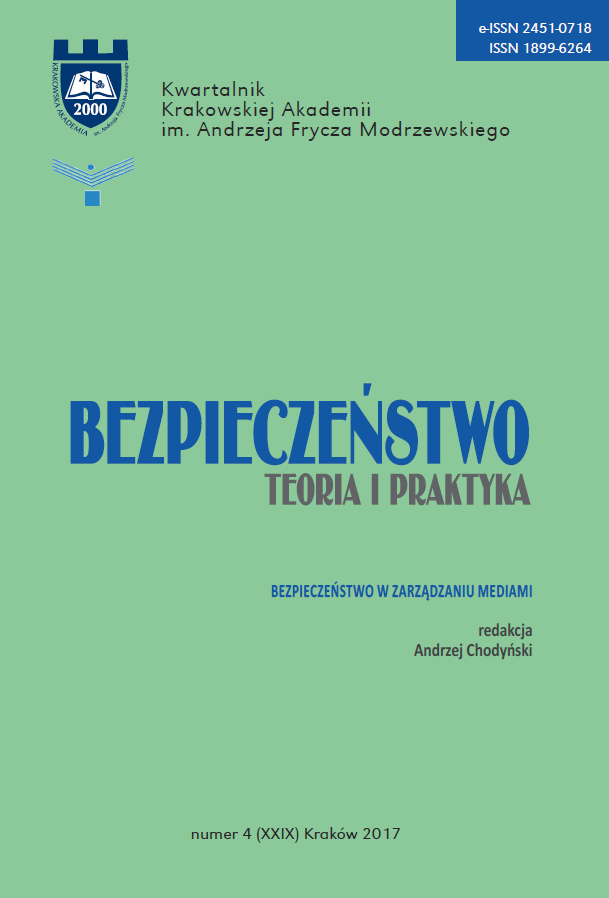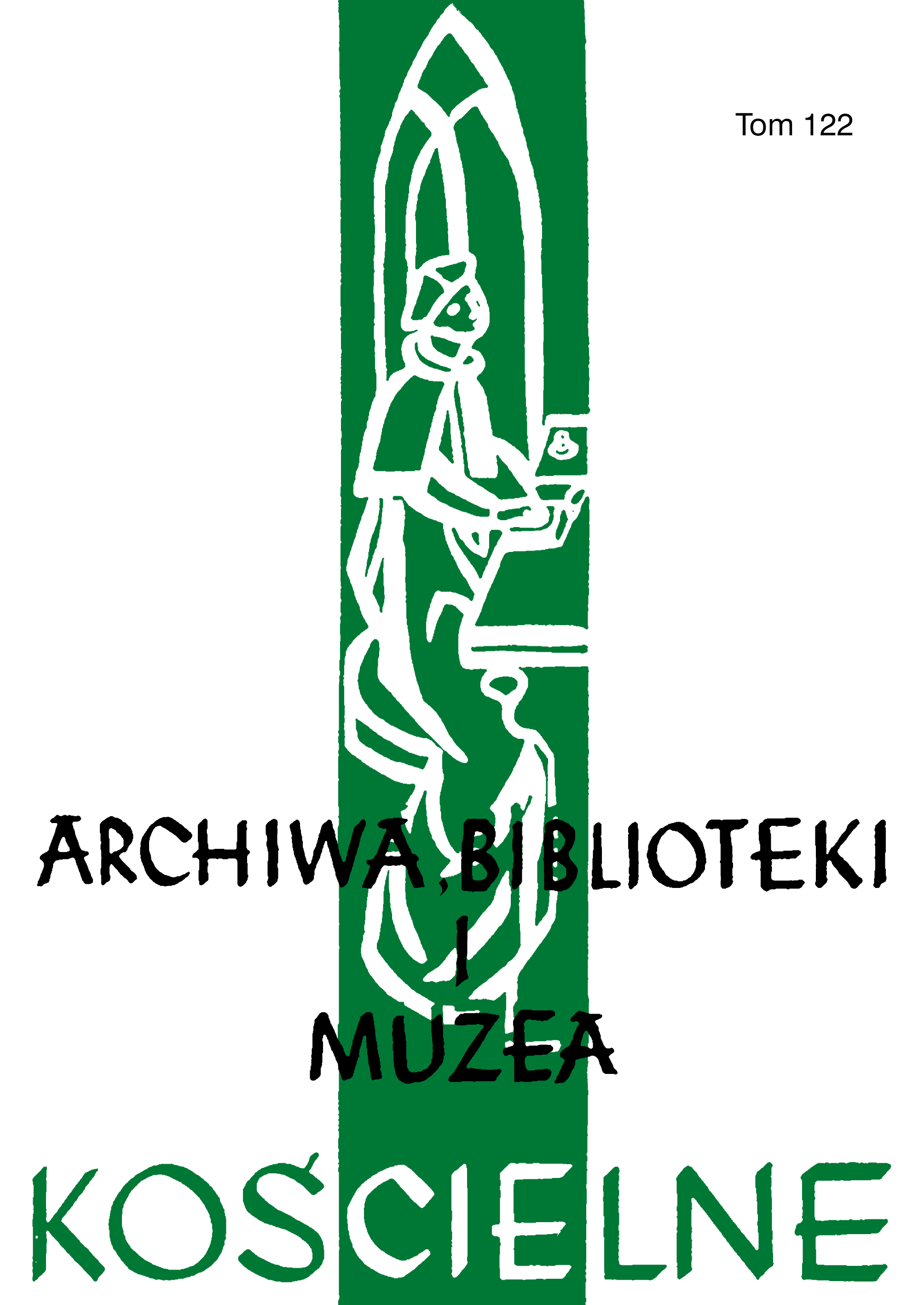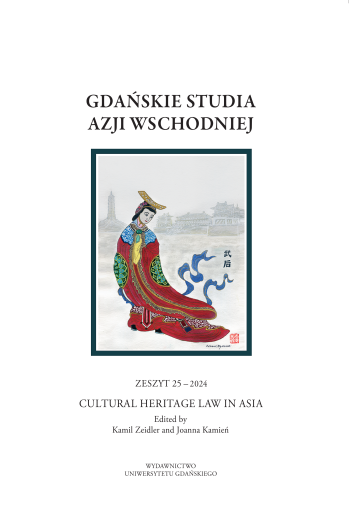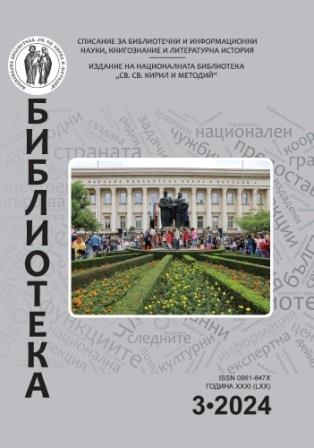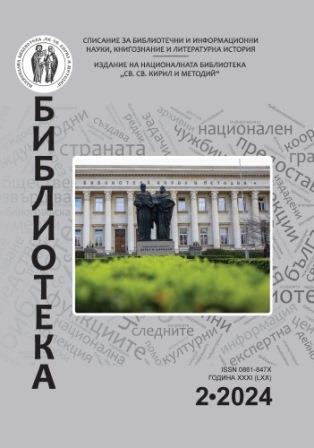Author(s): Angel Georgiev,Mariyana Matova / Language(s): Bulgarian
Issue: 3/2024
It is given a panorama of the XX Jubilee Student scientific conference and exhibition with international participation of the University of Library Studies and Information Technologies Information – Reason – Wisdom – Day of the Open doors of the University with a device: The heirs will reap your fruits (17 May2024).It is emphasized the real scientific platform of the forum, structured of nine Round tables in three sections: Librarianship, bibliography, book science; Information technologies and Cultural-historical heritage. It is described the represented to the scientific community production of the members of the unique in Bulgaria Student Scientific Society with Research center base of 4576 enumerated titles of publications of students and doctoral students from Bulgaria, USA, UK, Russia, Hungary for 2005-2024 which are realized in the framework of the past annual student scientific conferences of ULSIT. The participants of the Conference of 17 May 2024 have the possibility to get acquainted with 537 reports from which 284 are studies and 253 essays. At the cynosure are two competitions: For scientific commentary of works of the Bulgarian refined letters (IX-XXI c.) Anthologica; For most précised, succinct and comprehensive definition of the phenomenon Wisdom. At the forum have been rationalized also the complex of 100 information resources, created by the students and doctoral students of the University: 19 volumes of the Proceedings of the Student Scientific Society at ULSIT, 34 books of the bibliographic, historiographic and reference-encyclopaedic series Torchbearers, 33 е-libraries (ANTHOLOGICA, ARYANICA, AUTOBIOBIBLOGRAPHICA, BALANICA, 74 Библиотечни практики BULGARICA, CHEKHOVIANA, CIVILIANA, CLIO, COGNITOLIGICA, COMMENTATORICA, DECAMERONICA, ECOVIANA, ENCYCLOPAEDICA, ERUDITICA, ETYMOLOGICA, EVRISTIANA, GLORICA, GRATULATORICA, HOFFMANNIANA, HUMANITARIANA, LEVSKI, NESTINARIANA, ORTHODOXY, PAISIADA, PATRIARCHICA, PEDAGOGIA, PRAXIOLOGY, PSYCHOLOGICA, PUSHKINIANA, RAKOVSKI, UNIVERSALICA, VISUALICA, ZLATARICA) and 14 visualizations of the 20-years history of SSS block (wall pictures of photo frames, publications and theses). It is revealed the design of the main genres of bibliographic, historiographic and encyclopaedic information resources of SSS at ULSIT and is described the incorporation of the Proceedings of the Student Scientific Society at ULSIT and books of the reference-encyclopaedic series Torchbearers in the е-libraries of SSS at ULSIT.Scientific experts and reviewers of these information resources are scholars from 4 continents and 23 countries of the world: Algeria, Austria, Bulgaria, Canada, China, France, Germany, Georgia, Greece, India, Iran, Israel, Italy, Kazakhstan, Moldova, Poland, Russia, Saudi Arabia, Turkiye, UK, Ukraine, USA, Vatican.The introduction of the forum is the Academic interaction HOMO LUCIS (Man of the light) – St. Ivan Rilski Wonder-worker: Three brothers and the golden apple (sript and direction of prof. Alexandra Kumanova and Dr. Nikolay Vasilev). The scientific framework by the established tradition are emblematic events for the Bulgarian spirituality and literature.It is presented also the architectonics of the gathered in the framework of the forum definitions of the phenomenon Wisdom, structured according to the principles of the library bibliography.
More...
